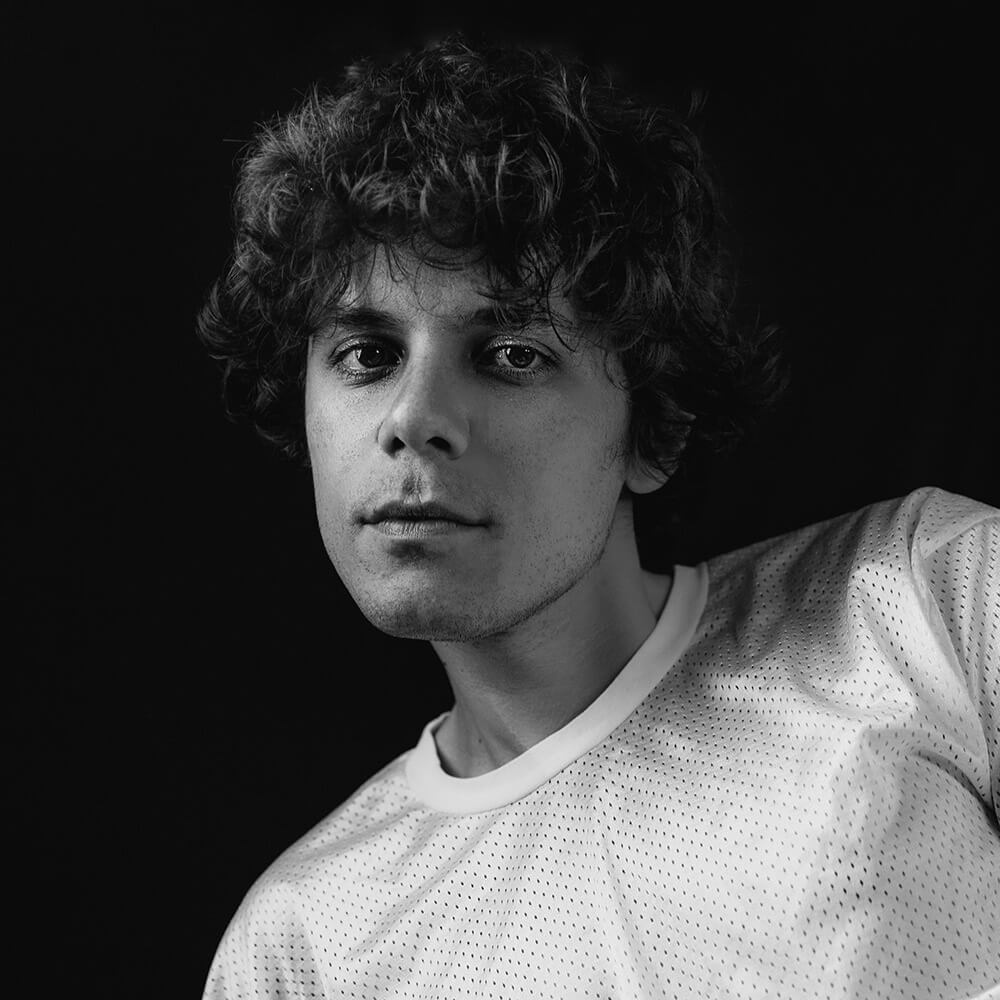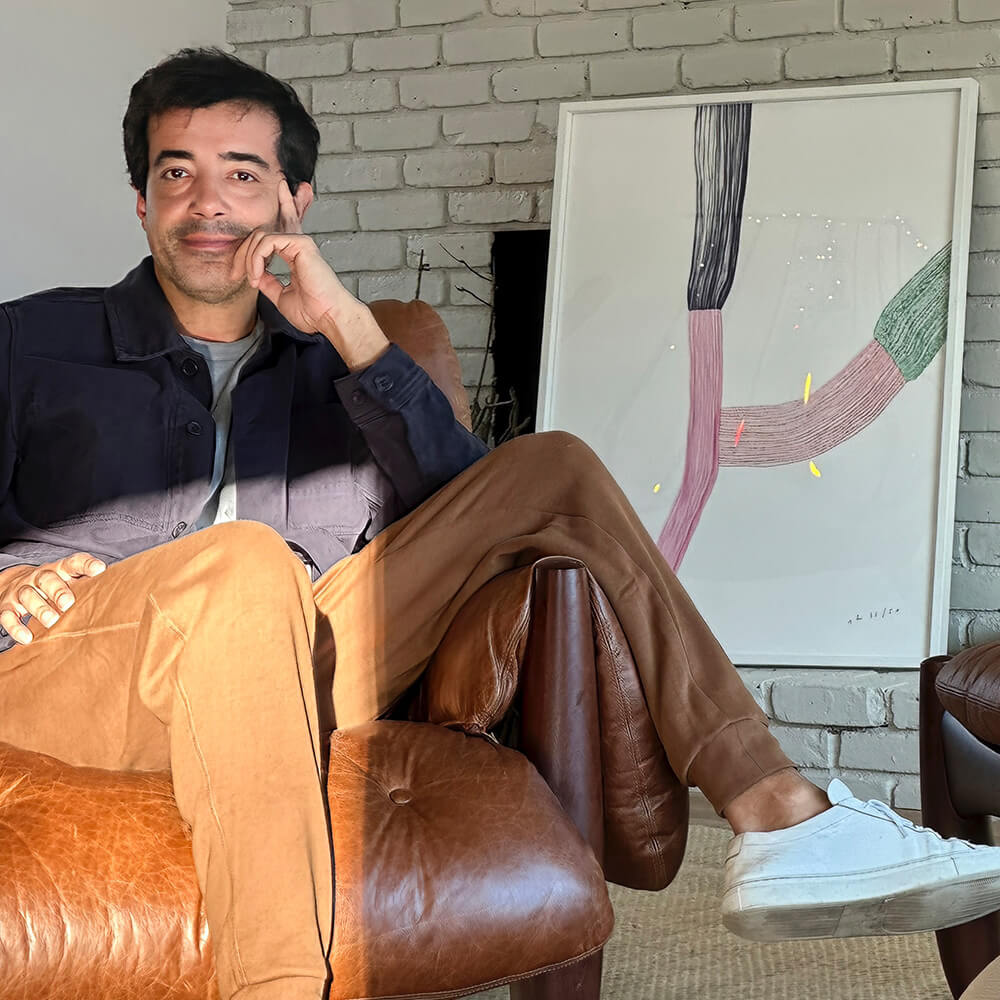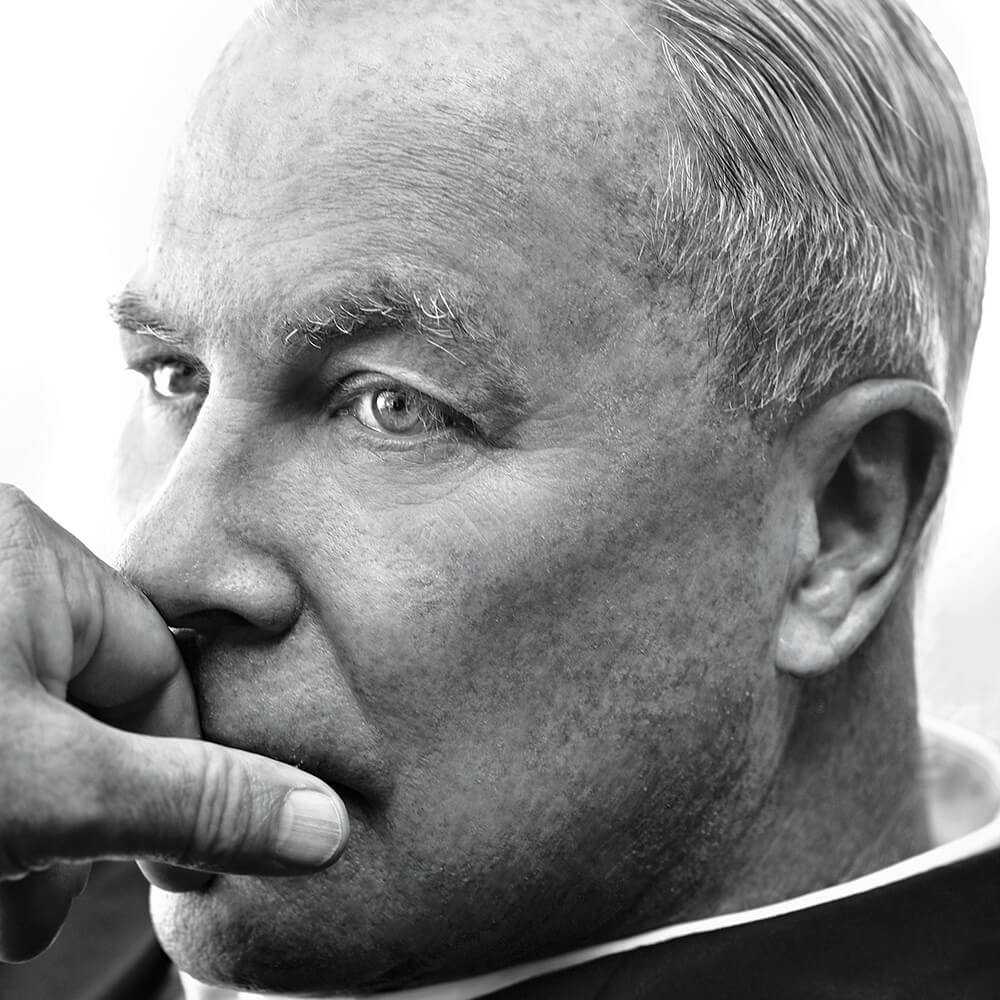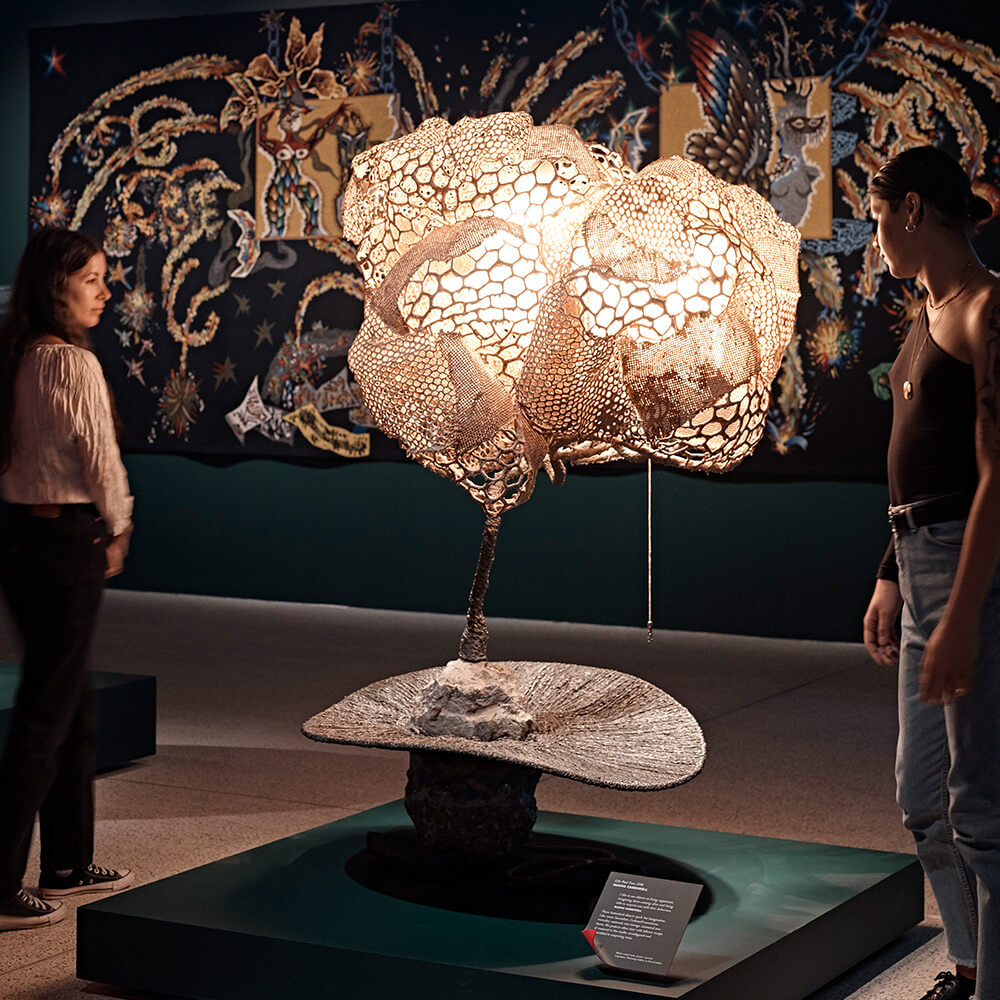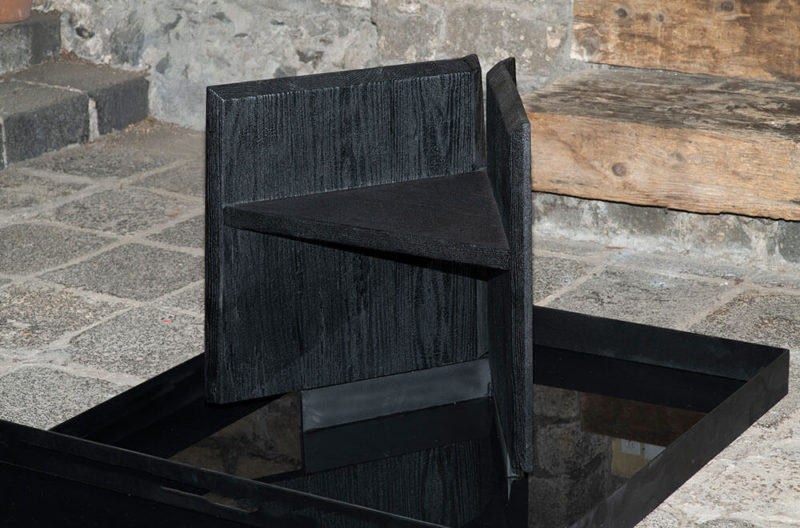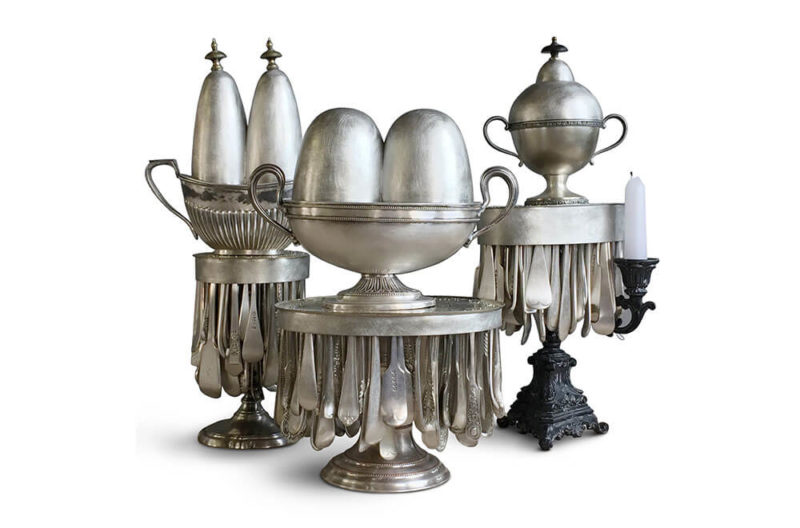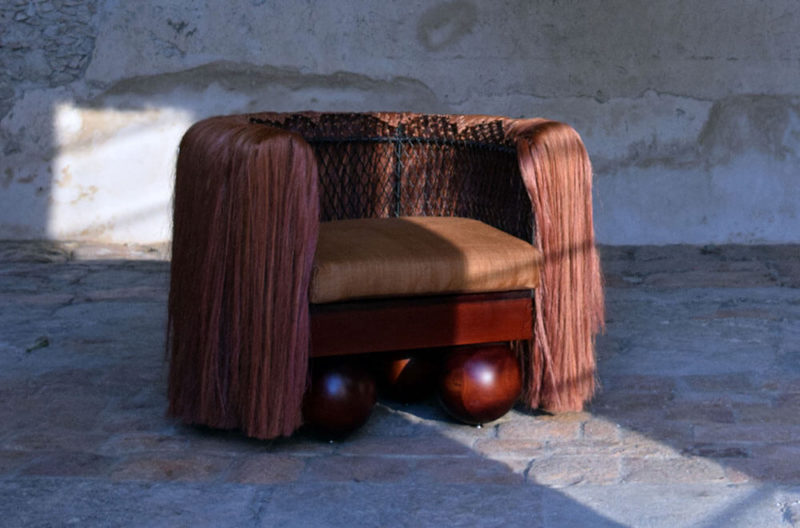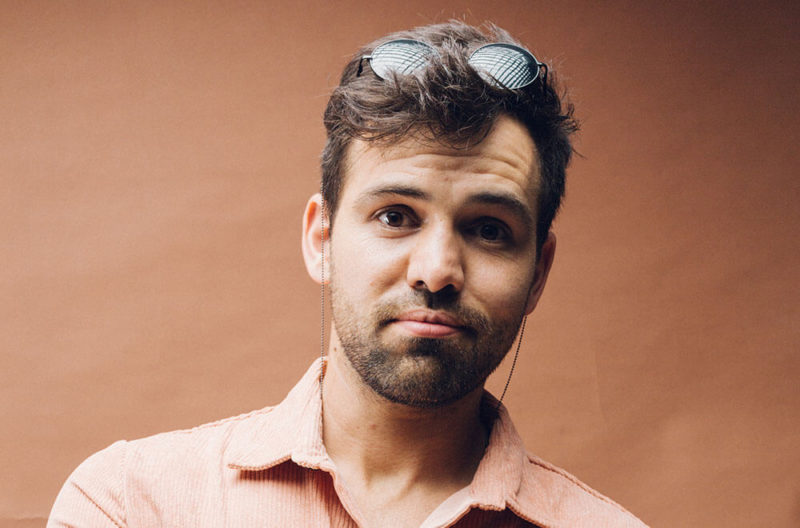David Alhadeff
As Frieze Los Angeles kicks off, the founder of The Future Perfect opens the latest Casa Perfect iteration in the Santa Monica mountains.
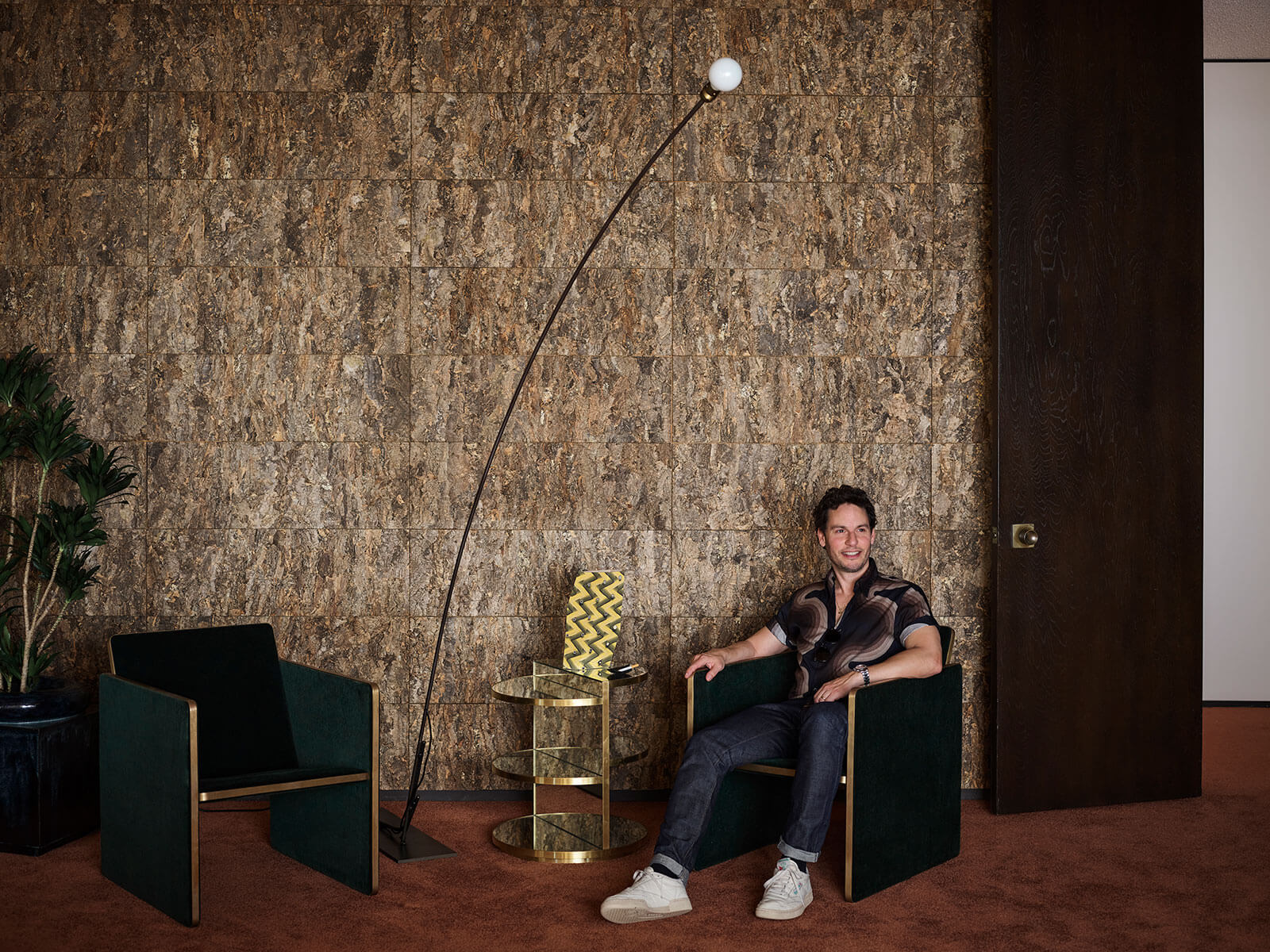
David Alhadeff at Casa Perfect Los Angeles
COURTESY: The Future Perfect / PHOTOGRAPH: Douglas Friedman
IF DAVID ALHADEFF had given this interview twenty years ago, when he first founded his influential design gallery, The Future Perfect, he’d have been faced with the big question “Why represent young American designers?” Operating out of his initial gallery space in downtown Manhattan, Alhadeff had constantly to explain his decision to showcase emerging talents mainly from Brooklyn. Determination, however, was his guiding light. “The questions about the type of design I carried at my gallery proved to me that what I was doing was unique,” Alhadeff tells The Design Edit. The Future Perfect is now located in New York, Los Angeles and San Francisco.
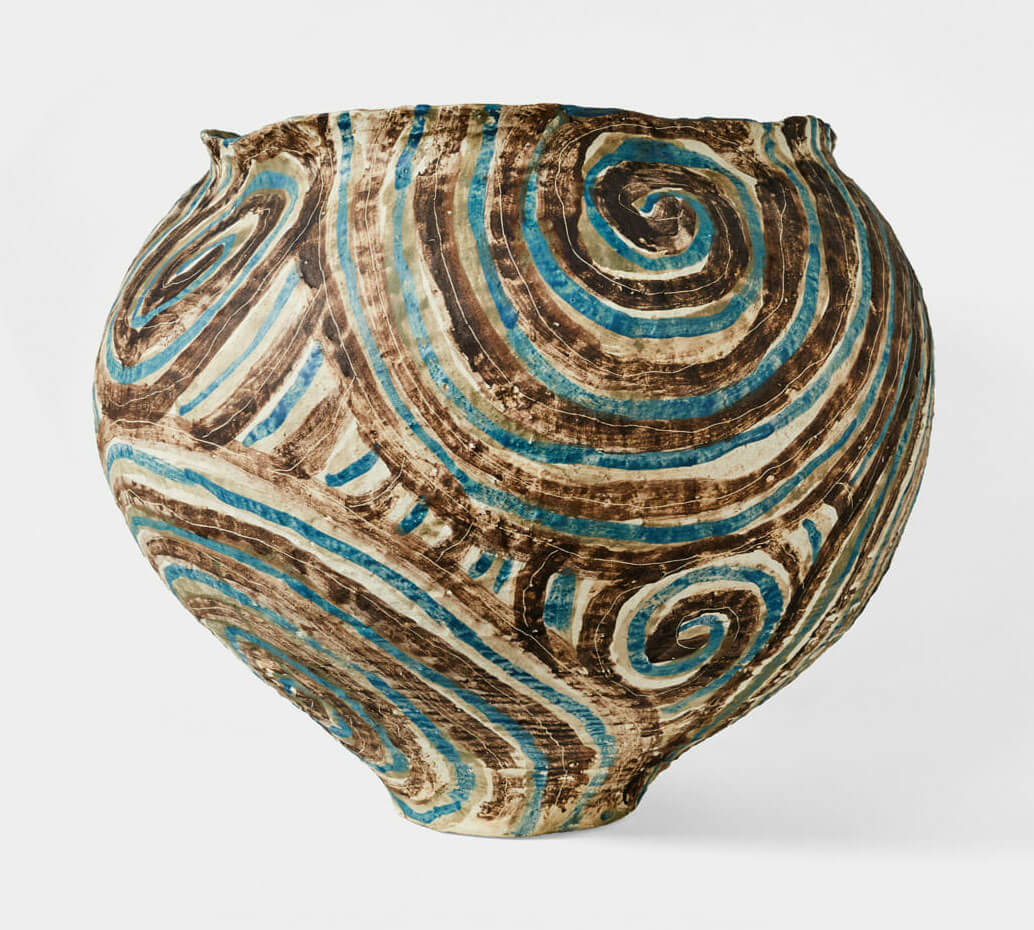
Hamana Kazunori, ‘Uzu’, 2019 (exhibiting in ‘Momentary Pause’, 2022)
COURTESY: The Future Perfect
Since its inception in 2003 – “an unusual time in the aftermath of 9/11 and before the 2008 recession,” Alhadeff remembers – The Future Perfect has grown into something of an industry tastemaker, not only of contemporary American design but also of experimental international talents. Today’s roster includes a medley of design powerhouses who were part of the gallery’s early development – lighting designer Lindsey Adelman, and minimalist furniture maker Jason Miller, for example – as well as cutting-edge young creatives who commit to breaking the boundaries of a singular material, including rattan master Chris Wolston.
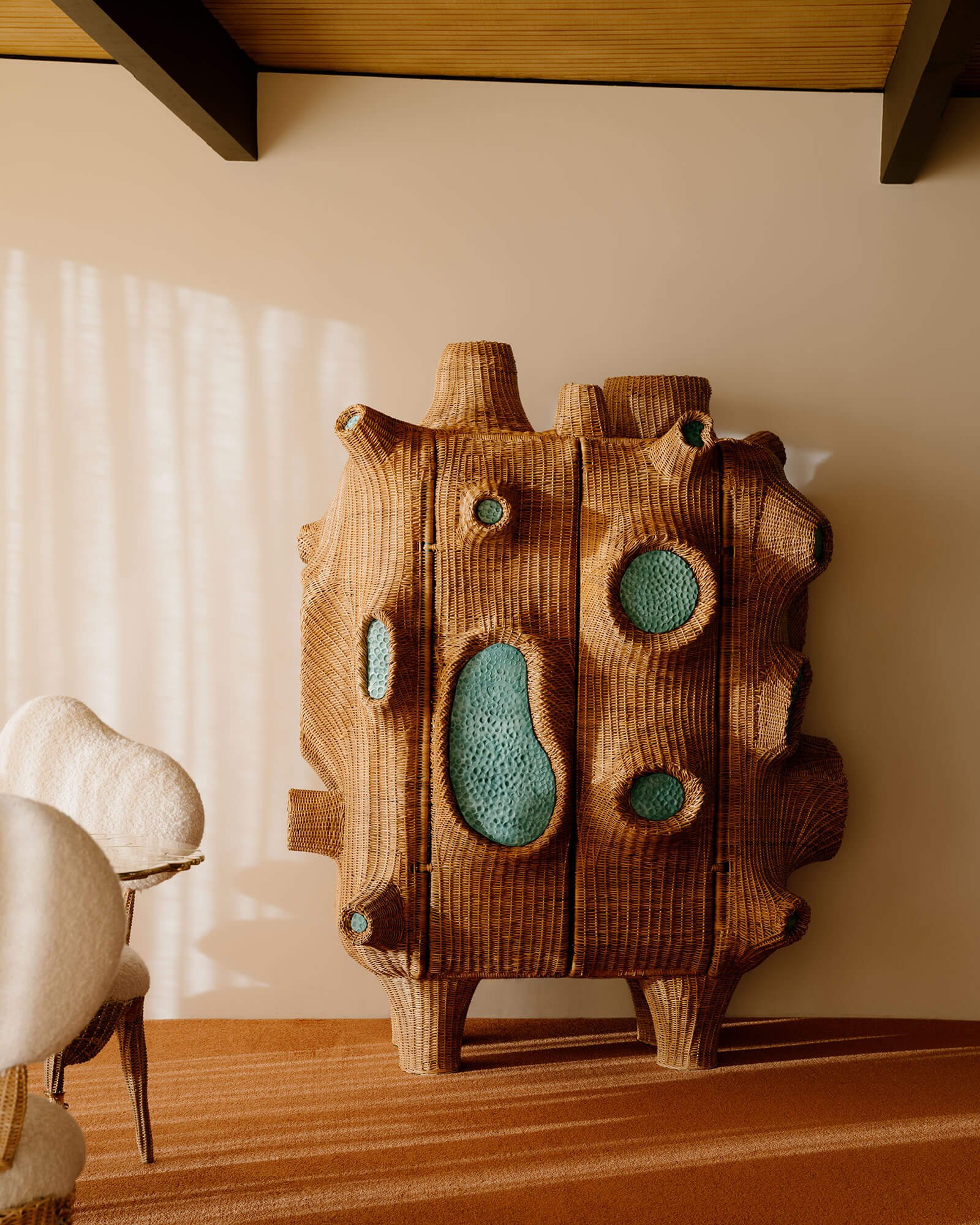
Chris Wolston, ‘Paroma Cabinet’, 2021 (exhibited in ‘Temperature’s Rising’, 2021)
COURTESY: The Future Perfect / PHOTOGRAPH: William Jess Laird
Parallel to the drastic industry changes of the last two decades, the gallery has shape-shifted, most prominently launching Casa Perfect in 2017 to develop the gallery into a genuine lived-in space. Ever since, The Future Perfect has thoroughly honed its concept of a nomadic programming of its designers inside select homes, through appointment-only visits.
In addition to a David Chipperfield brownstone in Manhattan’s West Village, Casa Perfect has been making three-year sojourns at various extravagant Los Angeles homes – including a midcentury David Hyun-designed West Hollywood mansion, and a Beverly Hills dwelling inhabited by Elvis Presley in 1960s. The gallery’s current backdrop is a Raul F. Garduño-designed Trousdale Estates house in the Santa Monica Mountains, where, in the tradition of all Casa Perfect houses, Alhadeff also resides.
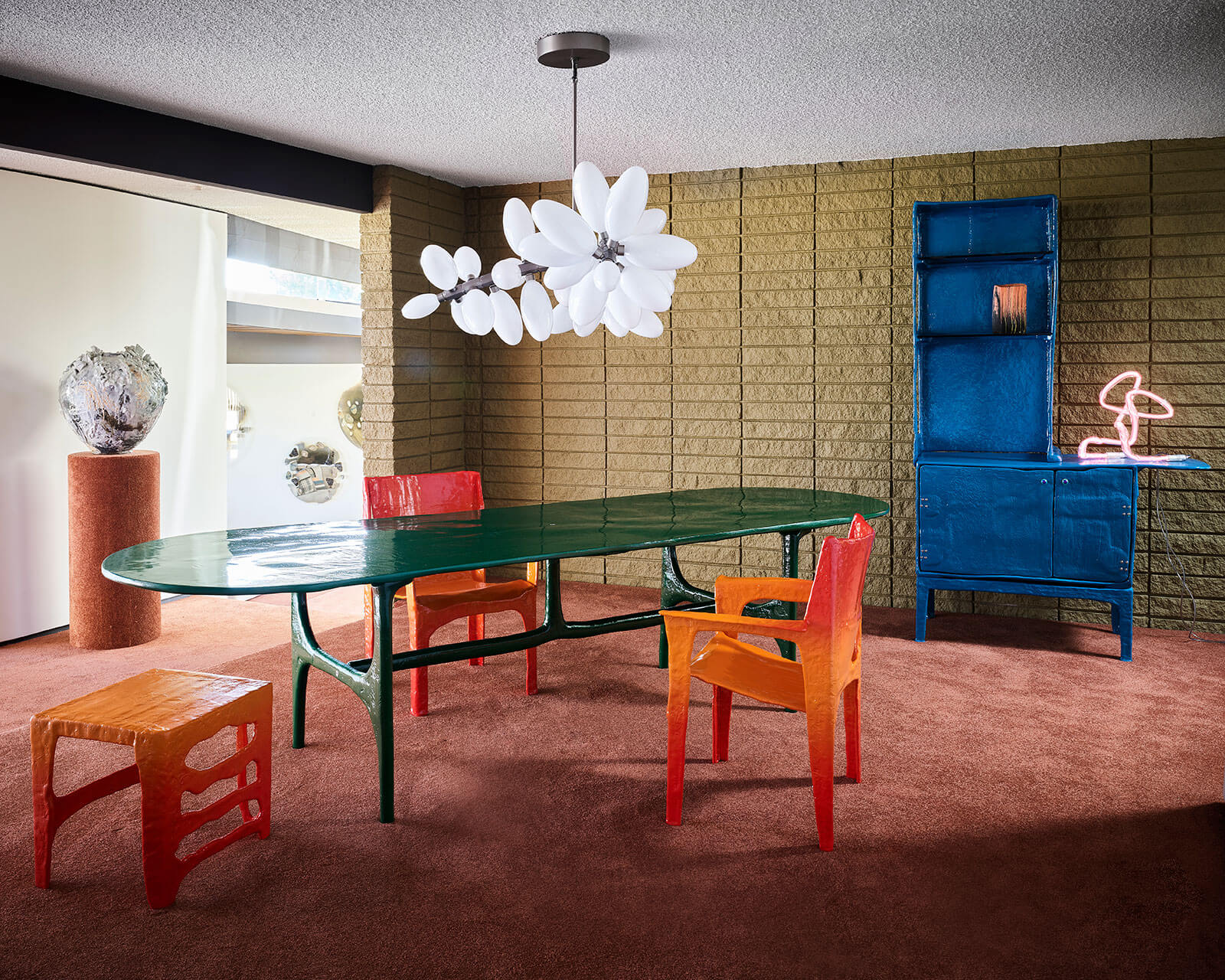
Matthew Day Jackson, ‘Wonky Furniture Collection’, 2019, at Casa Perfect Los Angeles
COURTESY: The Future Perfect / PHOTOGRAPH: Douglas Friedman
The dealer’s decision to call Los Angeles home after living in New York for most of his life is partially thanks to the sunny city’s architectural richness. Take, for example, the current house which sits in immediate vicinity to others designed by Wallace Neff, Frank Lloyd Wright and Harold Levitt. This aesthetic abundance was an inspiration in “planting a design gallery within existing contexts and storytelling opportunities,” he adds. “There is the chance of an unexpected contrast between the facade and interior of New York homes, but in LA the exteriors align with what awaits inside,” he says.
A particular curatorial principle is deliberately to avoid matching the objects with the architecture. “The point is to prove that contemporary design can suit traditional backgrounds and show what it means to live with curated design instead of a traditionally decorated house.”
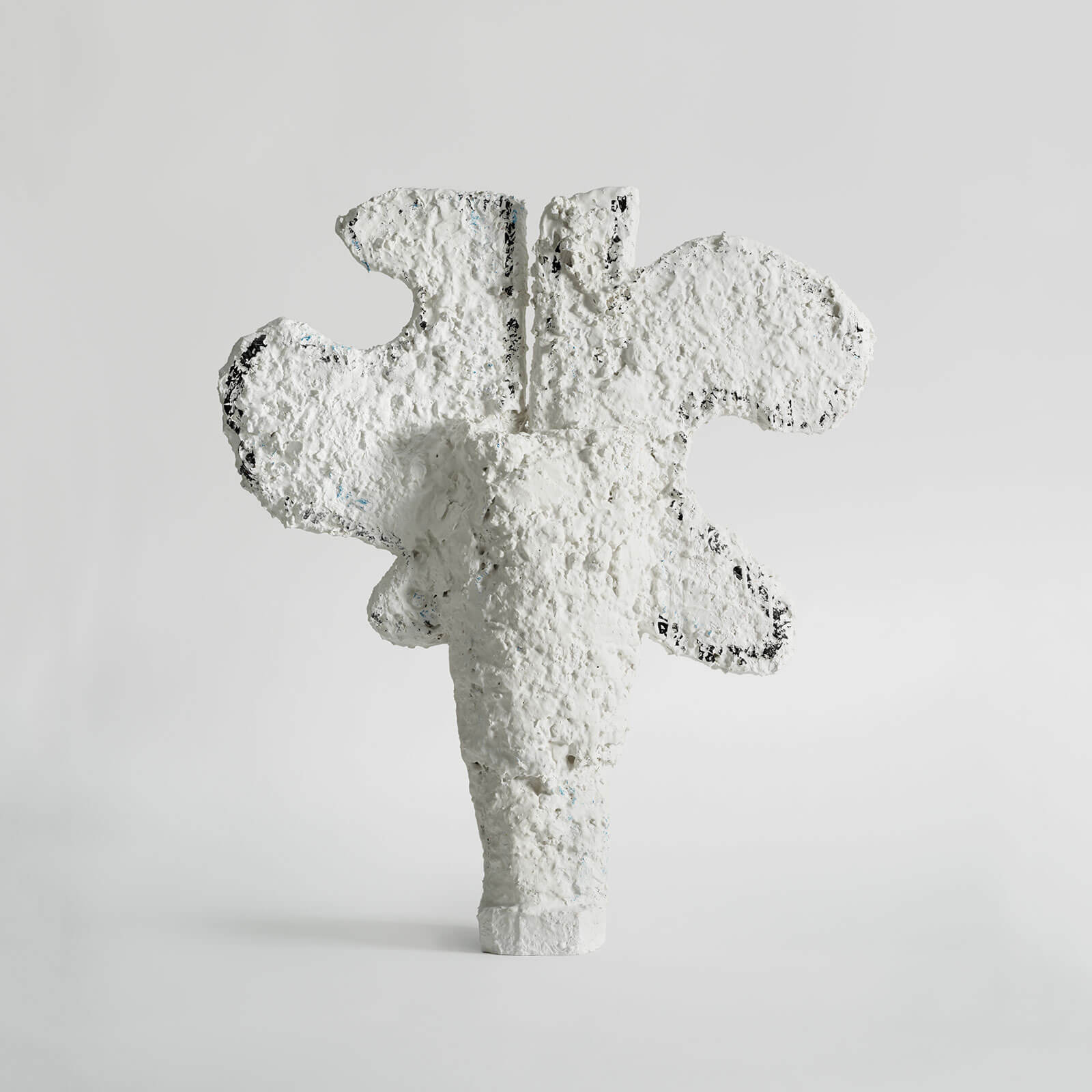
Guy Corriero, ‘Untitled’, 2021 (exhibiting in ‘Momentary Pause’, 2022)
COURTESY: The Future Perfect
The 5,000 square-foot, fifty-year-old house will welcome new visitors when the gallery opens its new exhibition, ‘Momentary Pause’. It features new work by Olivia Cognet, Piet Hein Eek, Floris Wubben, Cody Hoyt, and Reinaldo Sanguino, as well as the new-comer Bradley Bowers (with whom the gallery tested the waters in the latest Design Miami/ and won the Best Contemporary in Show award).
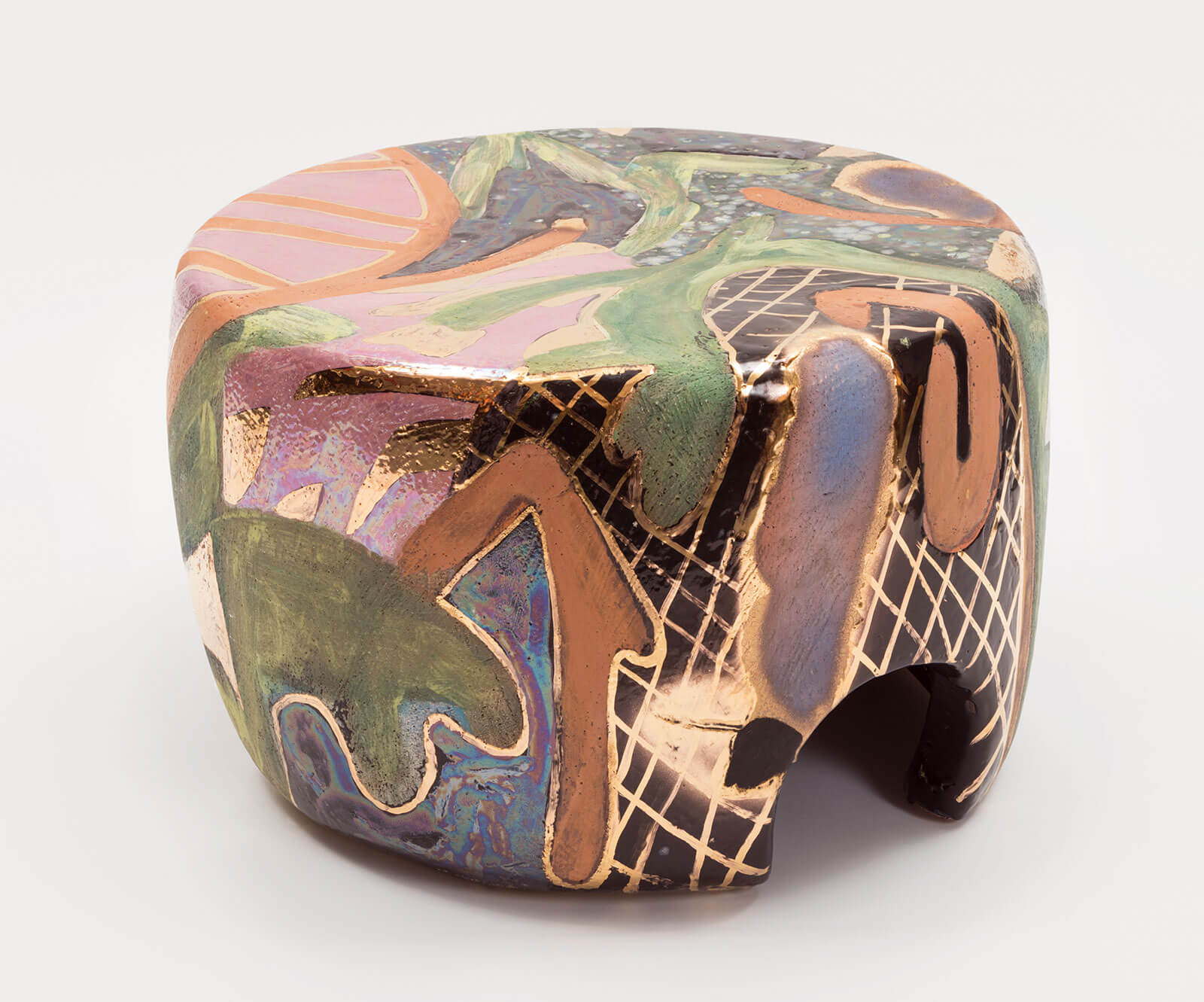
Reinaldo Sanguino, ‘Round Table’, 2021 (exhibiting in ‘Momentary Pause’, 2022)
COURTESY: The Future Perfect
The exhibition title refers to the instant of discovery of details in an otherwise effortless-looking object. “The show celebrates taking the time to inspect the meticulous nature of making,” according to Alhadeff who explains the participating designers as “obsessed with the details.” In the busy line-up of art fairs, pop-up shows and museum exhibitions, the show invites the opportunity to slow down and appreciate detailed craftsmanship in a domestic setting.
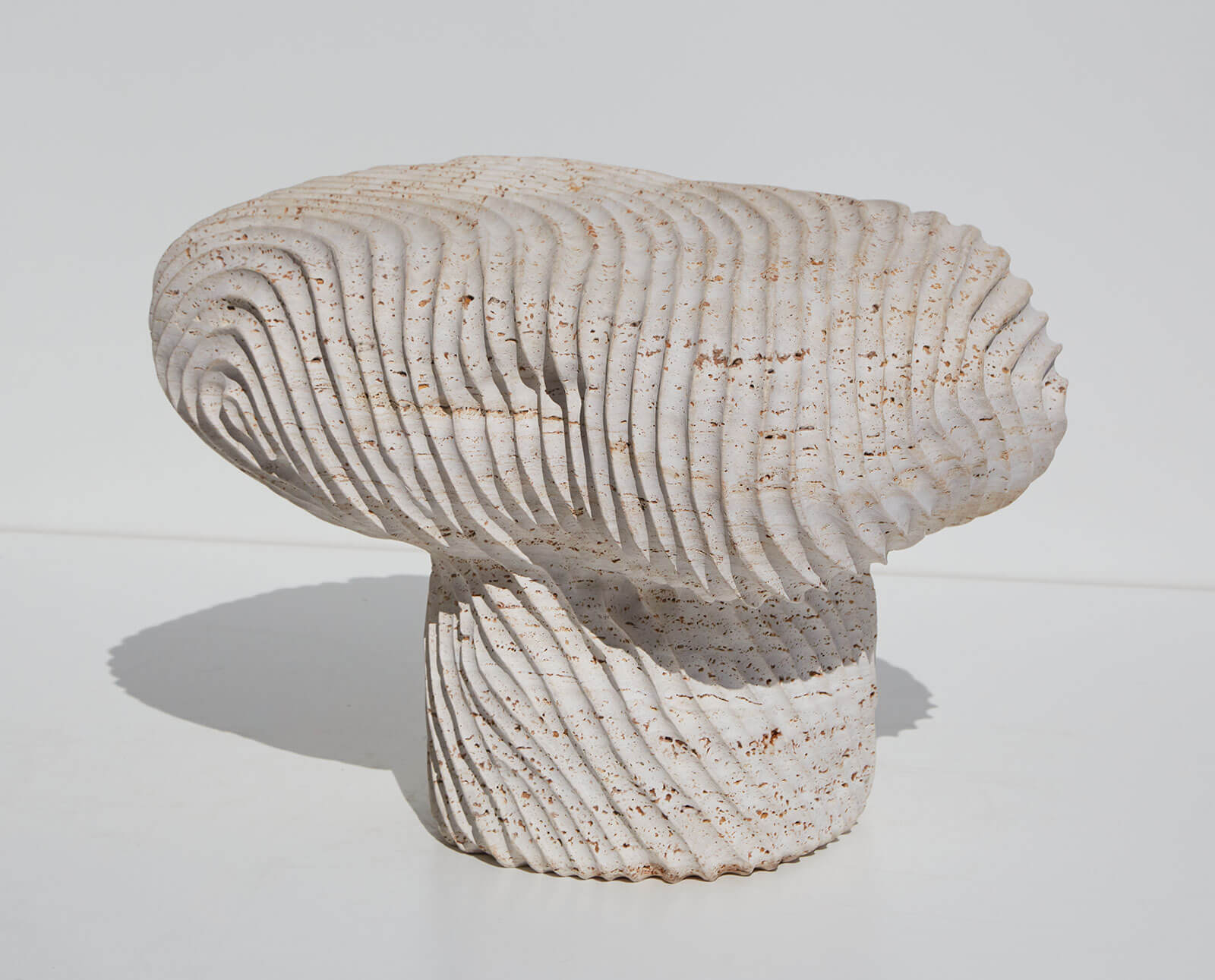
Ian Collins, ‘Stone Seat Table’, 2022 (exhibiting in ‘Momentary Pause’, 2022)
COURTESY: The Future Perfect
The exhibition opens during the bustling Frieze Los Angeles art fair week – offering a perfect opportunity to welcome the international art crowds, who are increasingly open to the intersection of art and design. “Art collectors are eager to learn more about design – the two worlds are enmeshed today,” Alhadeff says.
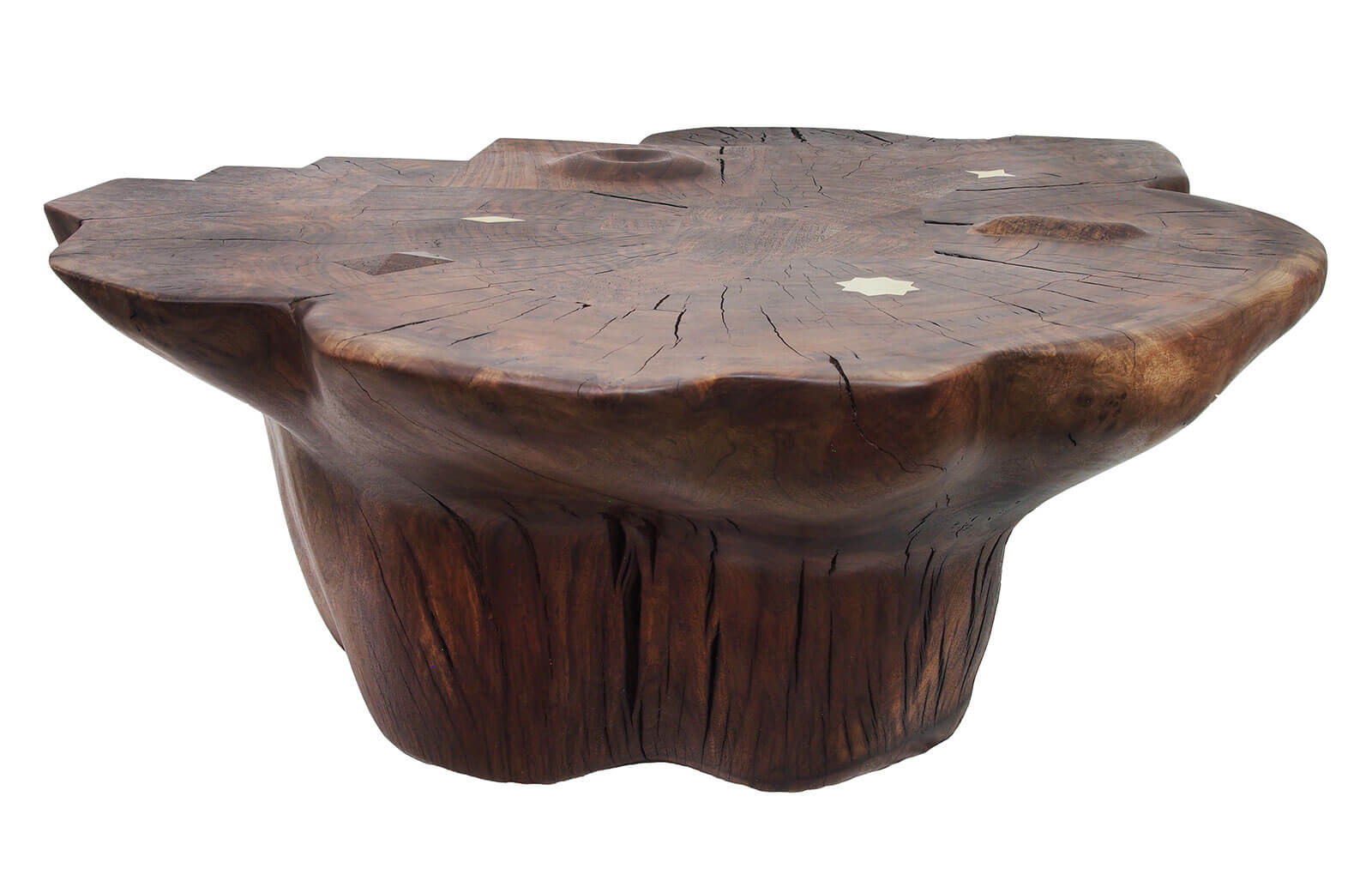
Dan John Anderson, ‘Untitled (#245)’, 2022 (exhibiting in ‘Momentary Pause’, 2022)
COURTESY: The Future Perfect
Living with design was not a joy that Alhadeff could always imagine. The days when he constantly rearranged his room, or drew floor plans as a child, are far behind, but he continues to dream up future ambitious developments for his gallery – including a Chen Chen & Kai Williams exhibition at the gallery’s San Francisco space, and a May exhibition with Chris Wolston, timed for Frieze New York.
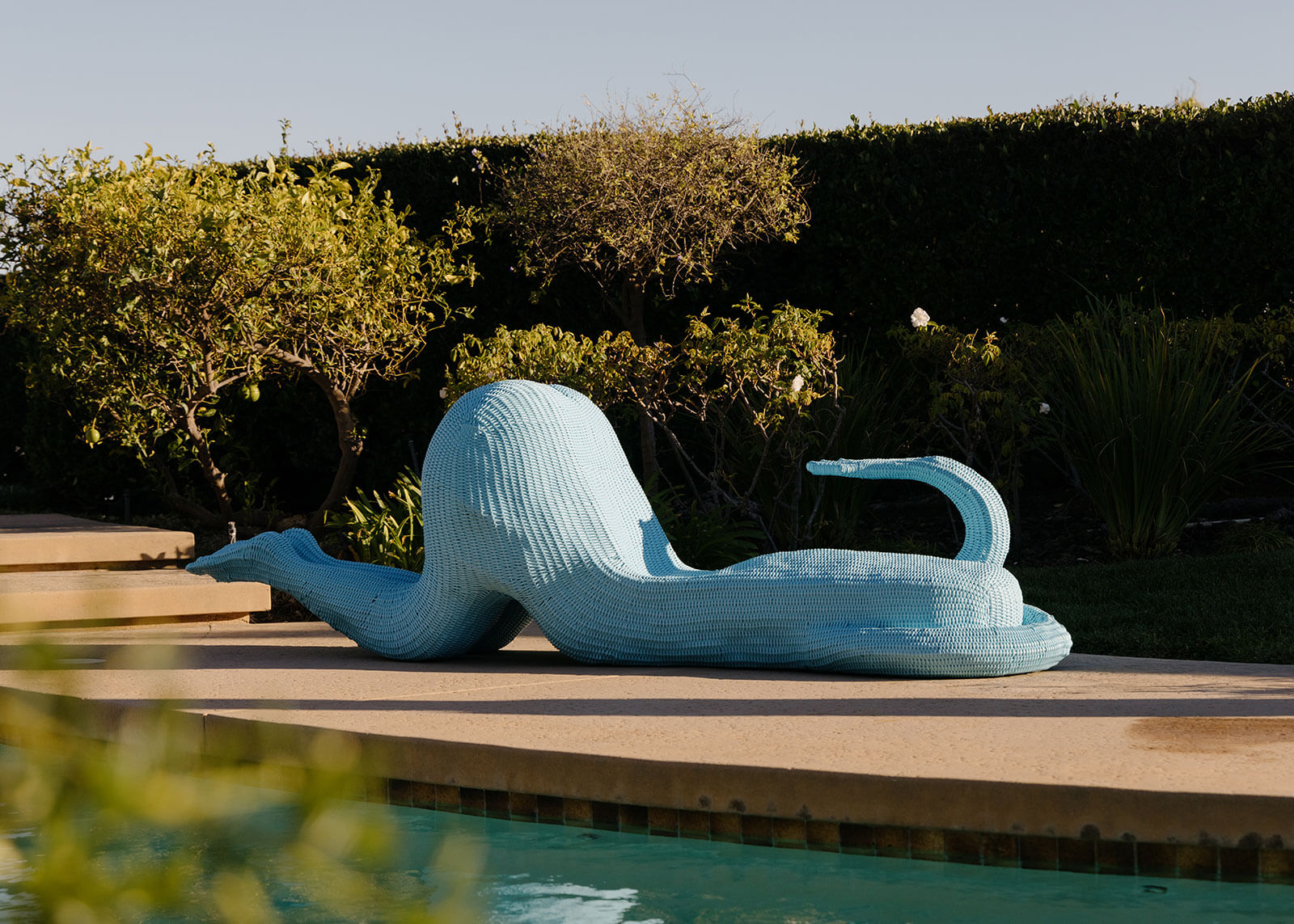
Chris Wolston, ‘Handy Hold Nalgona Lounger’, 2021 (exhibited in ‘Temperature’s Rising’, 2021)
COURTESY: The Future Perfect / PHOTOGRAPH: William Jess Laird
Operating exclusively appointment-based visits was a tough decision to make for Alhadeff and his team – yet a necessary one due to the gallerist living on site. “But during the pandemic, that big ask [of scheduling visits] has suddenly become a routine part of visiting a gallery or museum,” Alhadeff reflects.
